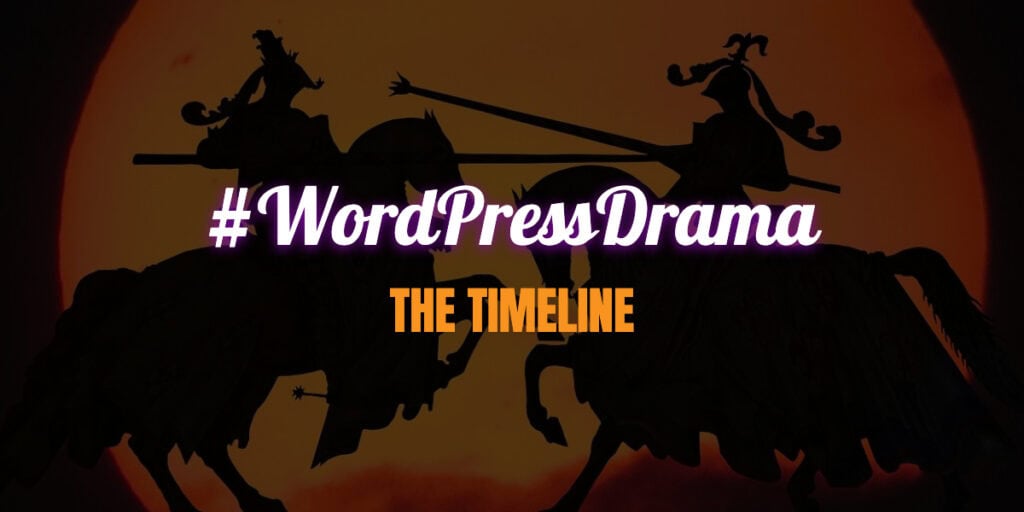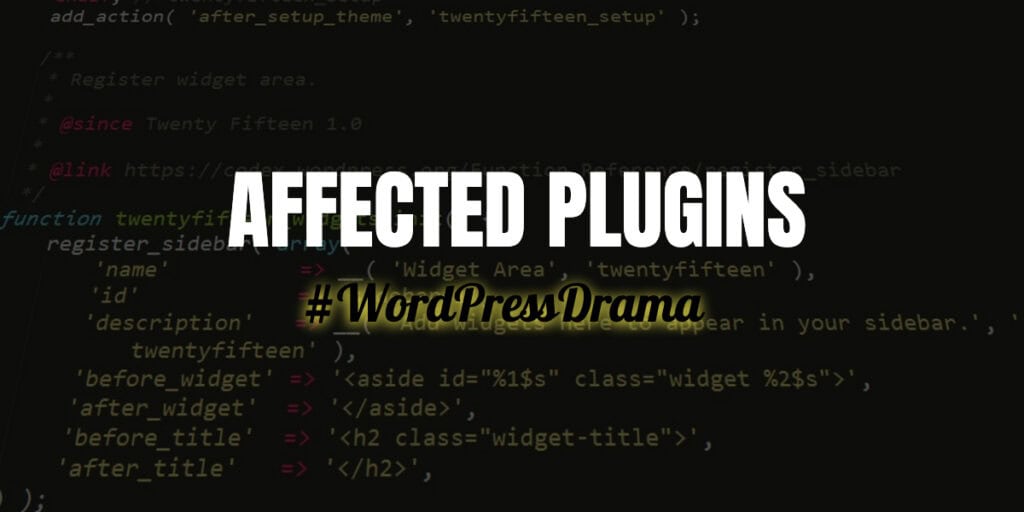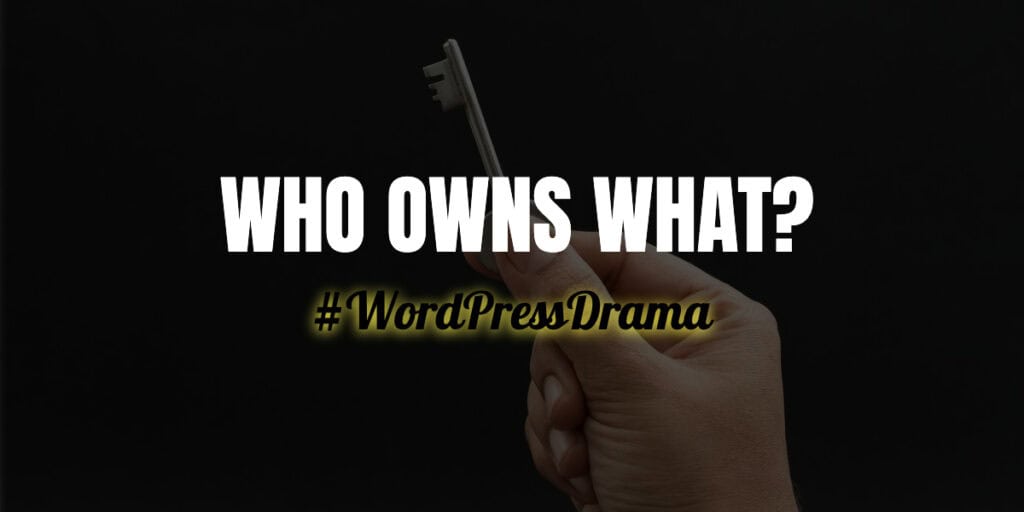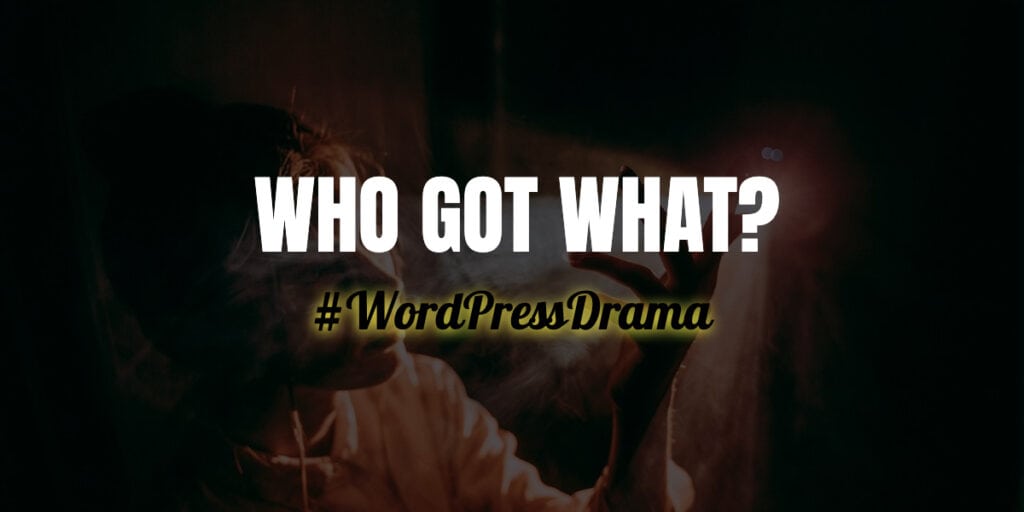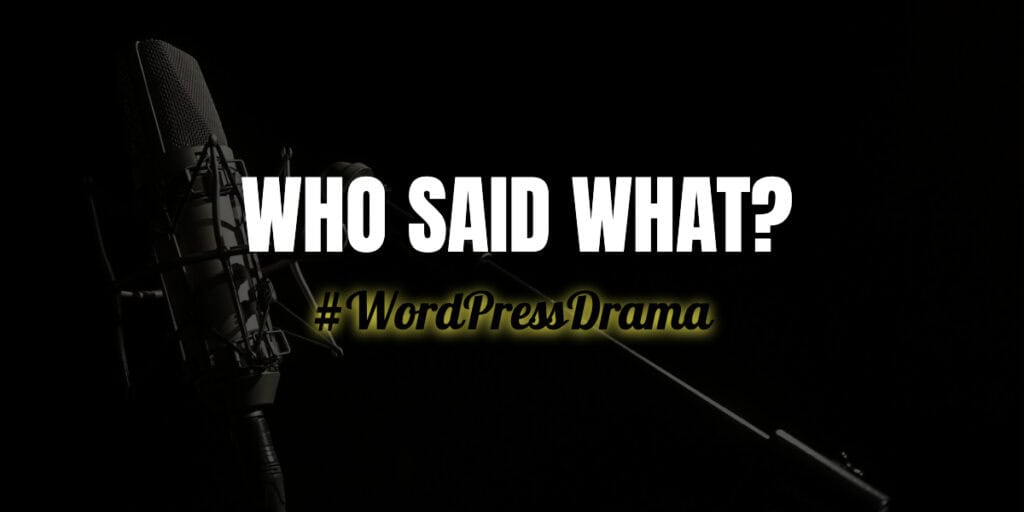In this video, Paul Charlton, the creator behind the WPTuts channel, delves into the details of WordPress’s current stagnation and its competition. Published on December 17, 2024, the video explores key observations about WordPress’s market share, which has remained stagnant since early 2023, compared to the growth of SaaS platforms like Webflow, Shopify, and Squarespace. Charlton highlights that WordPress’s reliance on third-party plugins, like Elementor and WooCommerce, has been crucial to its growth but also raises questions about its future without them.
Charlton discusses WordPress’s technical stagnation, pointing out that while core improvements have been made, areas like Full Site Editing (FSE) and the Gutenberg editor have not been widely adopted. He also touches on security concerns, especially with unmaintained plugins. “WordPress’s core isn’t inherently insecure,” he states, but the plugin ecosystem creates vulnerabilities. He concludes by suggesting that WordPress needs to re-evaluate its direction to compete with rapidly growing competitors.
Here are the main points from this video, made with Harpa AI:
- 00:05 📚 Paul introduces two articles discussing the stagnation of WordPress and its future roadmap, urging viewers to read and share thoughts.
- 01:00 📉 WordPress’s market share showed growth until 2023, after which it has stagnated, with competitors like Webflow and Shopify on the rise.
- 02:20 🧩 Open-source appeal doesn’t seem to influence most users’ platform choice, as SaaS platforms are gaining popularity.
- 03:05 🔨 WordPress’s growth largely depends on plugins like Elementor and WooCommerce—without them, it might have faced a decline.
- 04:00 🏗️ Although WordPress has been criticized for being slow, its core team has been consistently improving performance, but it remains technically stagnant.
- 05:00 ⚙️ Full Site Editing (FSE) and Gutenberg adoption remains low, while page builders like Elementor continue to grow in popularity.
- 06:10 🔒 WordPress core isn’t inherently insecure, but plugins and third-party tools can create vulnerabilities, evidenced by large numbers of unmaintained plugins.
- 07:30 🔍 Security concerns rise from poorly maintained plugins, as demonstrated by Patch Stack’s bug bounty event closing 1000 insecure plugins.
- 09:15 🔄 WordPress’s confusing user experience stems from inconsistencies between Full Site Editing, Gutenberg, and the traditional dashboard, leading to poor adoption rates.
- 10:25 🔧 WordPress would benefit from a lean core and optional features (like Gutenberg) as plugins, similar to past versions before heavy additions.
- 12:05 🔄 Adding features to WordPress core increases maintenance burdens; only essential CMS functions should be core, while design features like block editors should be optional.
- 13:20 🧑💼 The decision-makers behind WordPress’s direction might be pushing features like Full Site Editing without considering user needs, risking market share loss.
- 14:15 🔄 Paul warns that if WordPress doesn’t rethink its approach, it risks losing ground to competitors like Wix and Squarespace.
- 00:05 📚 Paul introduces two articles discussing the stagnation of WordPress and its future roadmap, urging viewers to read and share thoughts.
- 01:00 📉 WordPress’s market share showed growth until 2023, after which it has stagnated, with competitors like Webflow and Shopify on the rise.
- 02:20 🧩 Open-source appeal doesn’t seem to influence most users’ platform choice, as SaaS platforms are gaining popularity.
- 03:05 🔨 WordPress’s growth largely depends on plugins like Elementor and WooCommerce—without them, it might have faced a decline.
- 04:00 🏗️ Although WordPress has been criticized for being slow, its core team has been consistently improving performance, but it remains technically stagnant.
- 05:00 ⚙️ Full Site Editing (FSE) and Gutenberg adoption remains low, while page builders like Elementor continue to grow in popularity.
- 06:10 🔒 WordPress core isn’t inherently insecure, but plugins and third-party tools can create vulnerabilities, evidenced by large numbers of unmaintained plugins.
- 07:30 🔍 Security concerns rise from poorly maintained plugins, as demonstrated by Patch Stack’s bug bounty event closing 1000 insecure plugins.
- 09:15 🔄 WordPress’s confusing user experience stems from inconsistencies between Full Site Editing, Gutenberg, and the traditional dashboard, leading to poor adoption rates.
- 10:25 🔧 WordPress would benefit from a lean core and optional features (like Gutenberg) as plugins, similar to past versions before heavy additions.
- 12:05 🔄 Adding features to WordPress core increases maintenance burdens; only essential CMS functions should be core, while design features like block editors should be optional.
- 13:20 🧑💼 The decision-makers behind WordPress’s direction might be pushing features like Full Site Editing without considering user needs, risking market share loss.
- 14:15 🔄 Paul warns that if WordPress doesn’t rethink its approach, it risks losing ground to competitors like Wix and Squarespace.

